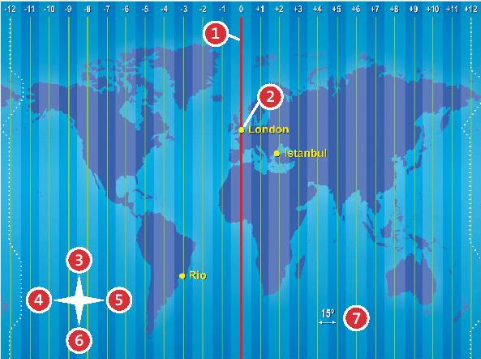1. Check the meaning of the words in the box and complete the text. Read and listen to the text and check your answer.
(Kiểm tra nghĩa của các từ trong khung và hoàn thành văn bản. Đọc và nghe văn bản và kiểm tra câu trả lời của bạn.)
water minerals fat (x2) protein vitamins diseases carbohydrates |
Nutrients in food There are six main types of nutrients. (1)………..makes you strong. There is a lot of this in meat, fish, milk, eggs, beans and nuts. (2)...give us energy. There are a lot of these in bread, pasta, rice and potatoes. (3)............... are important nutrients in the food we eat and you can find them in different types of food. People who don't get many of these in their food can get (4)….. (5)…… are important for strong teeth and bones. You can find them in meat, fish, milk, vegetables and nuts. This nutrient has got the most energy and is good for our skin and hair. The (6)…………..in food such as butter, chocolate, chips, burgers and crisps is unhealthy, but the (7)……….: in food like olive oil, nuts and some fish is healthy. .(8).............. is also a very important nutrient. You can't live for more than one or two days without it There's a lot of this in fruit, vegetables and juice, too. |





1-protein
2-carbohydrates
3-vitamins
4-diseases
5-minerals
6-fat
7-fat
8-water